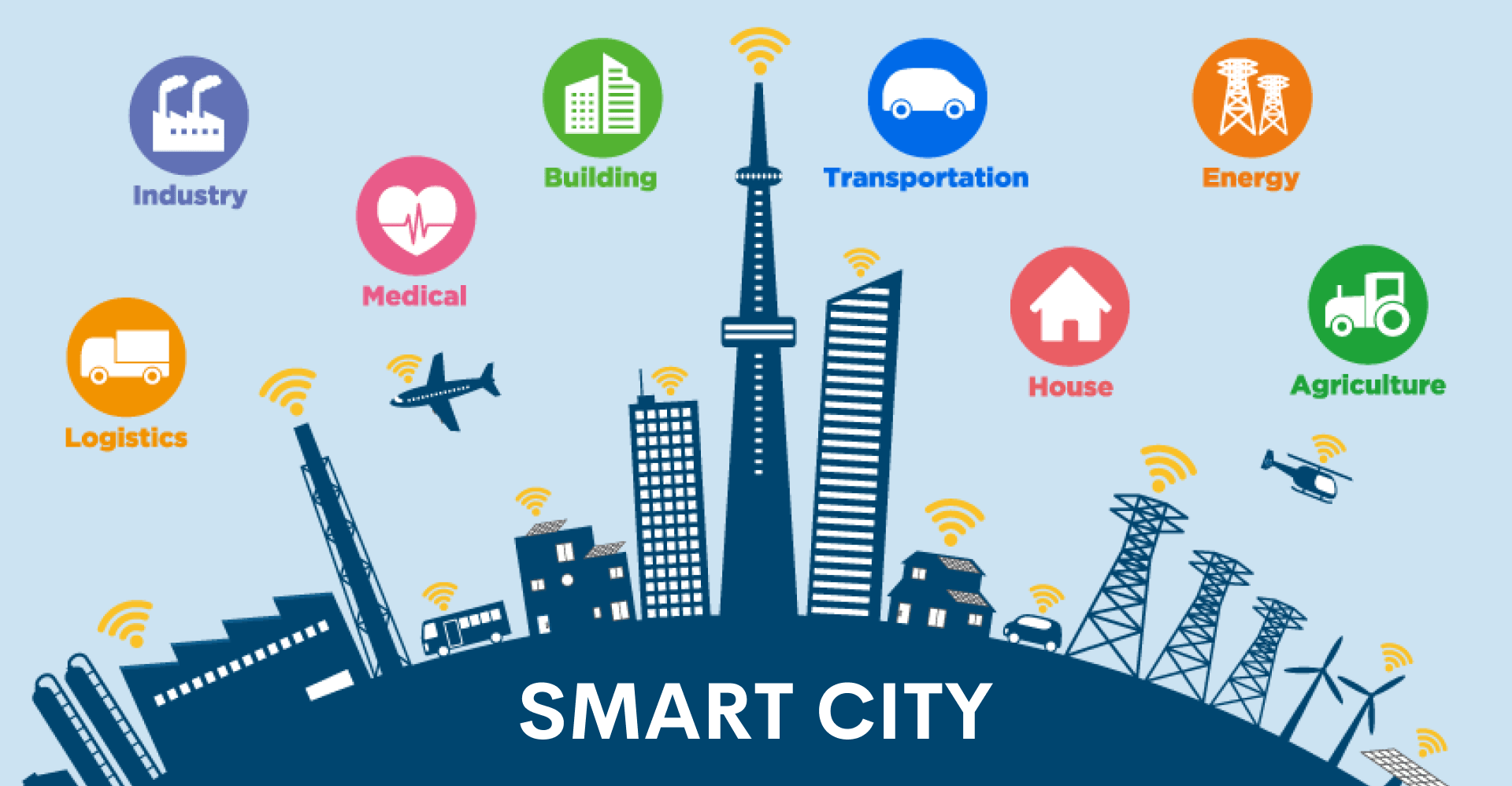In today’s rapidly urbanizing world, cities are under immense pressure to become more efficient, sustainable, and resilient. The driving force behind this transformation is the Internet of Things (IoT)—a network of connected devices that collects and analyzes data to improve decision-making. At the heart of this movement is the IoT software development company: a specialized partner capable of creating applications, platforms, and systems that link everything from traffic lights to utility meters.
One leader in this space is Webbylab, a company renowned for delivering scalable and secure IoT solutions that power smart cities, industries, and communities. Their ability to combine real-world utility with advanced technology sets them apart in the global market. Alongside Webbylab, several other pioneering firms are pushing the boundaries of smart city innovation.
Why IoT Software Development Companies Are Critical for Smart Cities
Building a smart city isn’t just about placing sensors in streets or installing smart meters—it’s about integrating data and systems in a way that delivers tangible benefits to residents. This is where IoT software development companies come in. They:
- Design and build custom IoT platforms that connect diverse devices and systems.
- Ensure interoperability, so technology from different vendors works seamlessly together.
- Secure data through encryption and cybersecurity best practices.
- Analyze real-time data to enable predictive maintenance, traffic optimization, and energy savings.
Without these specialized companies, the vision of a fully integrated, sustainable city would remain out of reach.
1. Webbylab — Transforming Urban Living with Custom IoT Solutions
Headquarters: Kyiv, Ukraine
Specialization: IoT platforms, smart utility management, device orchestration, data analytics
Webbylab has built a reputation as a cutting-edge IoT software development company with expertise in creating tailored solutions for governments, businesses, and developers. Their portfolio spans:
- Smart Utility Management Systems – Monitoring and optimizing water, gas, and electricity usage.
- IoT Device Orchestration Platforms – Controlling thousands of devices in real time from a single dashboard.
- Data Analytics Solutions – Transforming raw data into actionable insights for urban planning.
Webbylab’s work is grounded in scalability and security, making their solutions ideal for cities that want to start small and grow big without worrying about system breakdowns or compatibility issues. Their collaborative approach ensures that stakeholders—from city planners to tech integrators—are aligned from project inception to deployment.
2. Cisco — Networking the Smart City
Headquarters: San Jose, USA
Cisco brings its decades of networking experience into the IoT space with Cisco Kinetic for Cities, a platform designed to connect, secure, and manage IoT data.
Strengths:
- Seamless integration with existing municipal IT infrastructure.
- Real-time dashboards for traffic, parking, and waste management.
- Strong focus on data privacy and cyber resilience.
Cisco is a top choice for cities looking for enterprise-grade reliability and robust security protocols.
3. Bosch.IO — Engineering for Sustainable Living
Headquarters: Berlin, Germany
Bosch.IO leverages its deep engineering roots to deliver IoT solutions that enhance sustainability and efficiency.
Key Offerings:
- Intelligent building automation.
- Energy optimization for residential and industrial spaces.
- Predictive maintenance tools for infrastructure.
Bosch.IO is well-suited for cities aiming to reduce carbon footprints and improve resource efficiency.
4. Siemens MindSphere — Industrial IoT Meets Urban Innovation
Headquarters: Munich, Germany
Siemens’ MindSphere platform bridges the gap between industrial IoT and smart city applications.
Key Features:
- Open, cloud-based architecture for integrating multiple vendors’ devices.
- Predictive analytics for public transportation, energy grids, and utilities.
- Scalable design to support growing urban infrastructure.
MindSphere is ideal for cities that want industrial-grade IoT capability within a flexible, cloud-powered environment.
5. Hitachi Vantara — Data-Driven Decision Making
Headquarters: Santa Clara, USA
Hitachi Vantara’s Lumada platform focuses on turning massive volumes of IoT data into actionable insights.
Solutions Include:
- Asset performance management for public works.
- AI-powered traffic flow optimization.
- Waste and water management systems.
Hitachi’s strong analytics capabilities make it a leader in data-centric smart city planning.
6. PTC — Digital Twins for Smarter Planning
Headquarters: Boston, USA
PTC’s ThingWorx platform enables the creation of digital twins—virtual models of physical assets that can be monitored and optimized in real time.
Applications:
- Infrastructure lifecycle management.
- Predictive repairs for public transportation systems.
- Citizen service optimization.
Digital twin technology allows cities to test changes virtually before implementing them physically, saving time and resources.
7. Huawei OceanConnect — Building the Smart Infrastructure of the Future
Headquarters: Shenzhen, China
Huawei’s OceanConnect IoT platform combines AI, 5G, and edge computing to deliver future-proof city solutions.
Capabilities Include:
- Smart lighting systems for energy savings.
- Intelligent traffic management powered by real-time video analytics.
- Scalable cloud architecture for rapid expansion.
Huawei’s strength lies in integrating high-speed connectivity with AI-driven insights.
Emerging IoT Trends in Smart City Development for 2025
IoT technology is evolving rapidly, and 2025 is shaping up to be a pivotal year for smart cities. Here are the most significant trends:
- Edge Computing Expansion – Processing data closer to the source for faster decision-making.
- AI-Powered Automation – Enabling self-optimizing city systems in traffic, energy, and waste management.
- 5G-Driven IoT Growth – Providing ultra-fast, low-latency connections for mission-critical applications.
- Cybersecurity by Design – Building security into IoT platforms from the ground up.
- Universal Interoperability – Ensuring devices from different manufacturers work seamlessly together.
Comparison Table: Top Smart City IoT Software Development Companies
| Company | Key Strengths | Ideal For |
| Webbylab | Custom IoT platforms, scalability | Municipal IoT projects, urban analytics |
| Cisco | Networking, data integration | Traffic and public safety management |
| Bosch.IO | Energy and transport optimization | Sustainability-focused initiatives |
| Siemens | Industrial IoT, predictive analytics | Large-scale infrastructure projects |
| Hitachi Vantara | Big data analytics, asset management | Data-heavy smart city operations |
| PTC | Digital twins, lifecycle management | Infrastructure simulation and planning |
| Huawei | AI, 5G, and edge integration | Future-ready city infrastructure |
The Role of IoT in Building Resilient Communities
A resilient community is one that can adapt to challenges—whether they’re environmental, economic, or infrastructural. IoT plays a central role by:
- Improving emergency response times through connected public safety systems.
- Optimizing resource usage to ensure sustainability.
- Facilitating citizen engagement via real-time data and mobile applications.
The right IoT software development company not only delivers the tools but also provides the vision and expertise to make resilience a reality.
Conclusion:
As urban populations continue to grow, the importance of smart city infrastructure will only increase. Companies like Webbylab demonstrate that innovation, scalability, and security are the foundations of successful IoT projects.
Choosing the right IoT software development company is more than a procurement decision—it’s an investment in a city’s future. In 2025 and beyond, these partnerships will define how effectively cities can respond to the challenges and opportunities of the digital era.

